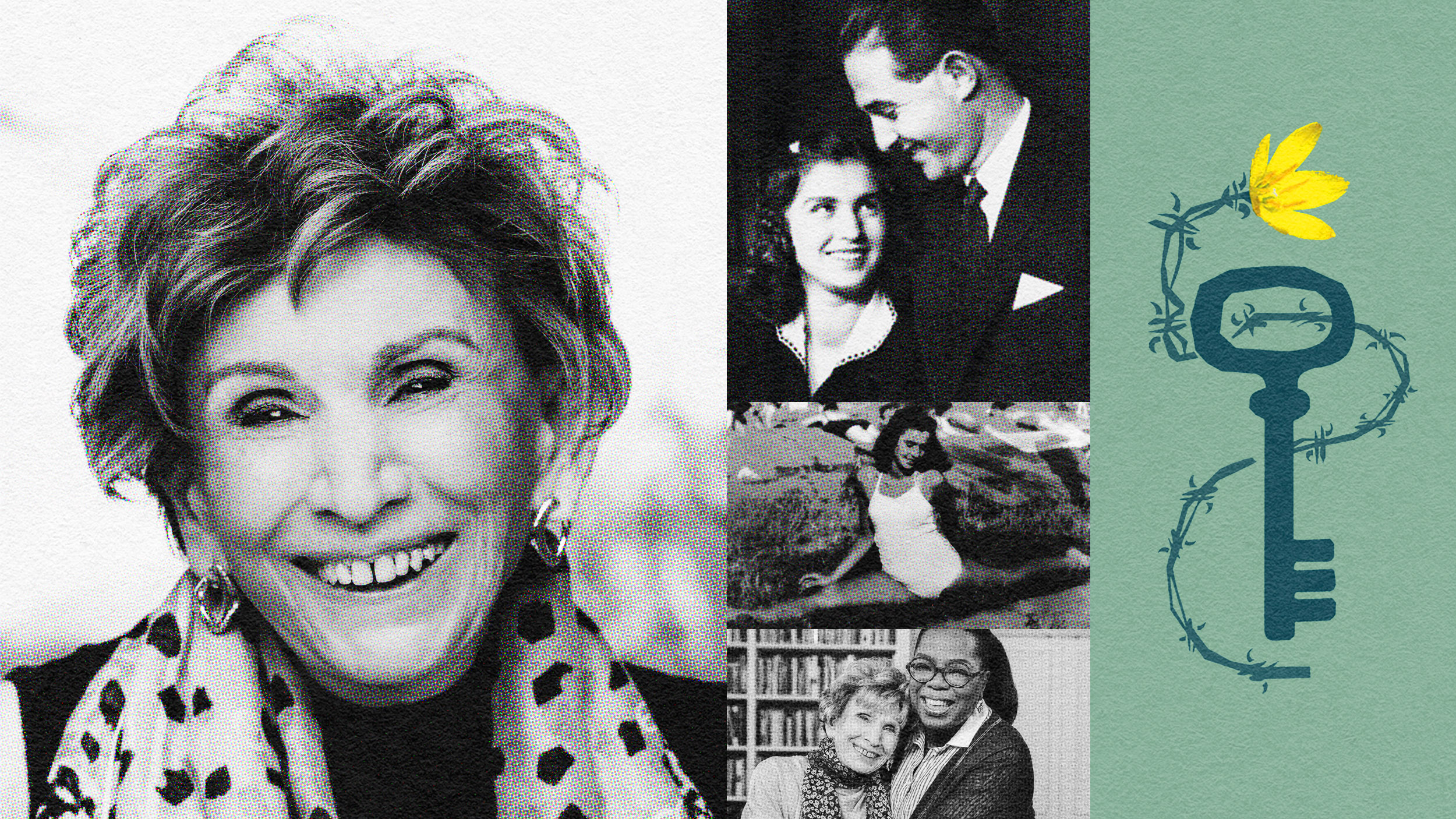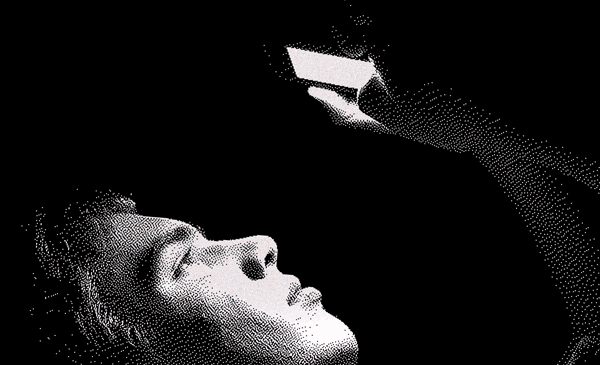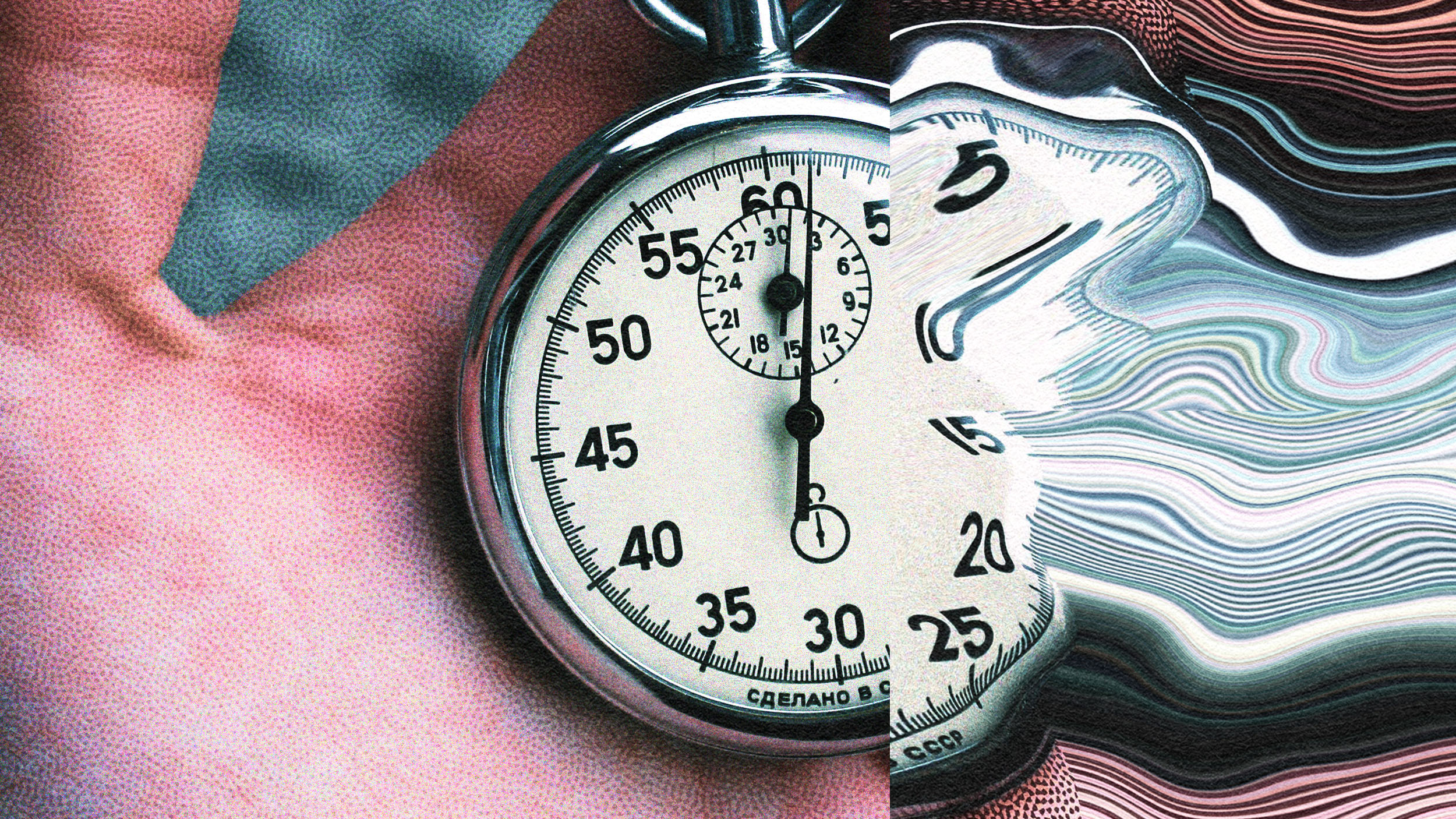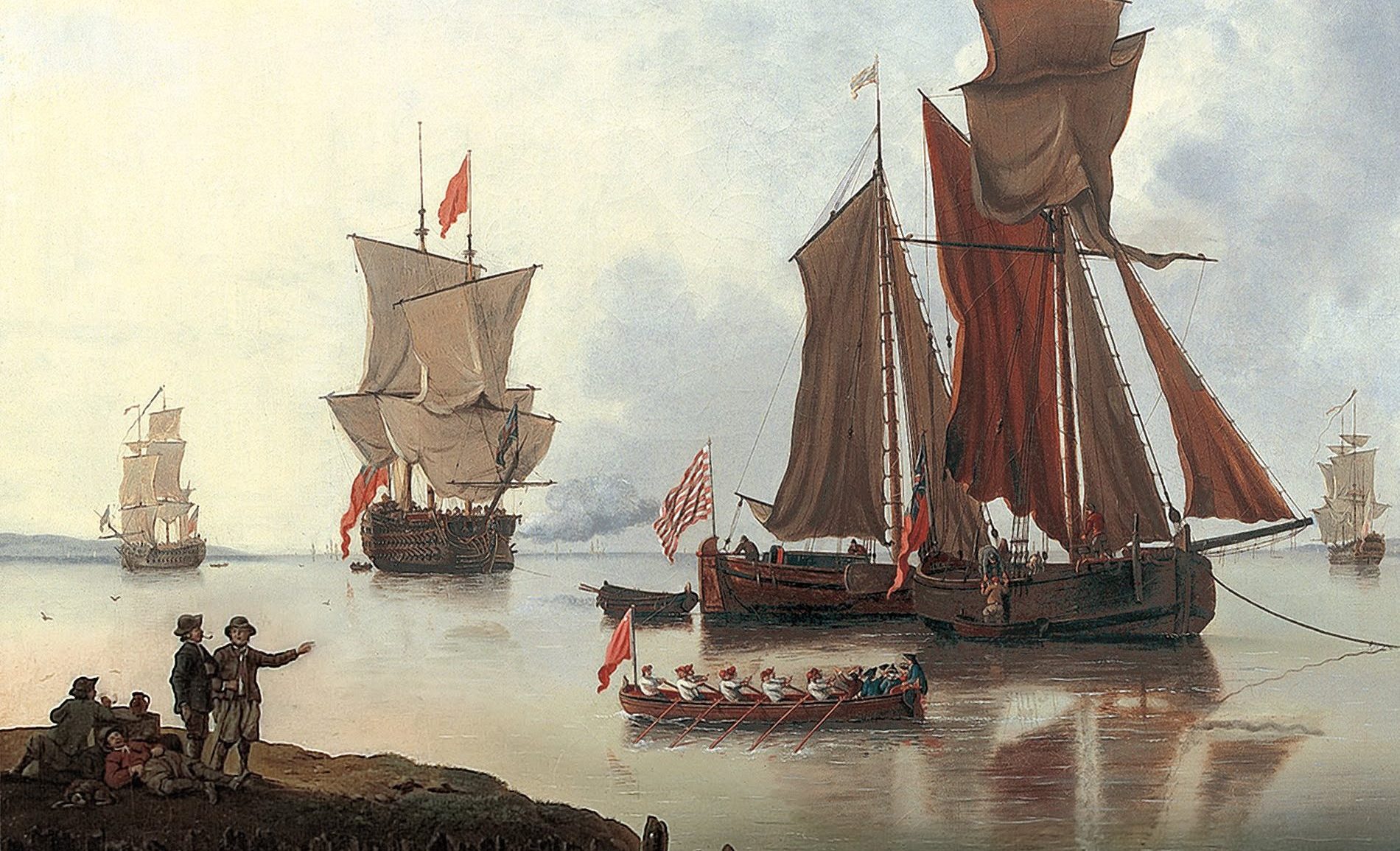Is Free Will An Illusion?

The nature of the self presents a persistent dilemma. The Vaisheshika school, beginning in third century BCE India, argues that god created the world from preexisting atoms. Dualistic Sankhya separated self from matter, though later schools threw out the god idea altogether. Vedanta fused the two, with some allowing for divinity, while Shankara became famous for launching his non-dual Shiva-loving Advaita Vedanta.
No culture has been without arguments regarding ‘who’ we are. Underlying identity politics is the question of free will. Is whether or not we believe in it ours to decide? What matters more, genes or environment? How much of our life is determined, and what or who is doing the determining?
Stephen Cave investigates a number of current thoughts, concluding that illusionism—free will does not exist, but we’re better off as a species believing it does—might just be the way to go.
Neuroscientist Antonio Damasio has made it clear that the self is “a process, not a thing,” influenced by both genetic predisposition and environment. Most researchers by now conclude that genes and personal history—social and economic status, nutrition intake, relationships—help create identity. Damasio’s analysis of the self is more nuanced:
A dynamic collection of integrated neural processes, centered on the representation of the living body, that finds expression in a dynamic collection of integrated mental processes.
The self is a key component in understanding free will; at root we’re contemplating whether consciousness is free. Identity is shaped from neurochemistry and input; how we choose to act out is another matter. While our decisions feel like our own we often overlook the habitual foundation of instinct—disruption of patterns is much rarer than we might believe.
As professor Stanislas Dehaene points out, reflecting on our state of mind is not unique to humans; a number of animals display rudimentary evidence of metacognition. He writes,
The capacity to compose our thoughts may be the crucial ingredient that boosts our inner thoughts. Human uniqueness resides in the peculiar way we explicitly formulate our ideas using nested or recursive structures of symbols.
Consciousness, Dehaene argues, is the result of two nested evolutions: the development of communication in primates and a ‘language of thought’ unique to humans. The ability to express ourselves appears to lift us from the shackles of automation, striving for goals greater than mere survival and reproduction. Is that the case, or are we simply exploiting evolutionary drives? If so, does that signal free will?
V.S. Ramachandran argues that free will is one of the seven essential components of the ‘self.’ To him free will implies a choice in all your actions. He points to two brain regions that help us decide:
The first is the supramarginal gyrus on the left side of the brain, which allows you to conjure up and envisage different potential courses of action. The second is the anterior cingulate, which makes you desire (and helps you choose) one action based on a hierarchy of values dictated by the prefrontal cortex.
Ramachandran begins not with philosophical but neurological implications of free will. Through his extensive research with patients suffering from apraxia (an inability to carry out skilled actions), akinetic mutism (patients unable to move or speak), and alien-hand syndrome (a person’s hand does things he does not will them to do), he’s implicated those two regions as critical in decision-making.
Decisions inevitably carry over into morals. In his article, Cave explores a question long associated with religion: if there is no free will, how can we be ethical? He cites studies that show students skeptical of free will were less likely to help classmates than those who believed they had a choice. Another similar study found that free will advocates were more giving to the homeless. He continues,
Believing that free will is an illusion has been shown to make people less creative, more likely to conform, less willing to learn from their mistakes, and less grateful toward one another. In every regard, it seems, when we embrace determinism, we indulge our dark side.
The thrust of this argument, evidenced by a growing number of criminal cases trying to push blame onto unsavory states of mind, is how much responsibility we’re willing to take for our actions. This has long been of concern in the courts, though you can’t help but wonder if the increased claims are evidence of opportunism.
As Ramachandran notes, there are real disorders that prompt unconscious behavior. His work in blindsight (people suffering from lesions in their striate cortex who can respond to visual stimuli they cannot consciously see) highlights how little we understand about the complex machinery encased in our skulls. At times understanding hardware offers little insight into the details of software. Neuroscience is in an infantile stage in this regard.
Yet the discipline has progressed incredibly. Habits are hard to break—ask anyone suffering from addiction. How much of our day to day is pre-programmed will probably remain unanswered for some time. In this case, illusionism is not a bad path to travel. In many ways, it is similar to religion: provability is irrelevant if it provides comfort and a sense of identity, which, as mentioned above, is challenging enough to wrap our heads around.
Overall I’m closer to siding with Sam Harris in this regard. He tells Cave that the illusion of free will is damaging, as it confuses our ability to discriminate between fantasy and reality. The biases and experiences that construct our identity are given free reign, as if on mandate—Harris cites 9/11 as an example.
Harris’s thoughts sounds Buddhist in scope, which makes sense given his years engaged in Buddhist meditation:
Consider what it would take to actually have free will. You would need to be aware of all the factors that determine your thoughts and actions, and you would need to have complete control over those factors. But there is a paradox here that vitiates the very notion of freedom—for what would influence the influences? More influences? None of these adventitious mental states are the real you. You are not controlling the storm, and you are not lost in it. You are the storm.
Better it is, in that case, to be the storm rather than caught in it. The illusion is more satisfying.
—
Image: Jirsak / Shutterstock
Derek Beres is a Los-Angeles based author, music producer, and yoga/fitness instructor at Equinox Fitness. Stay in touch @derekberes.





